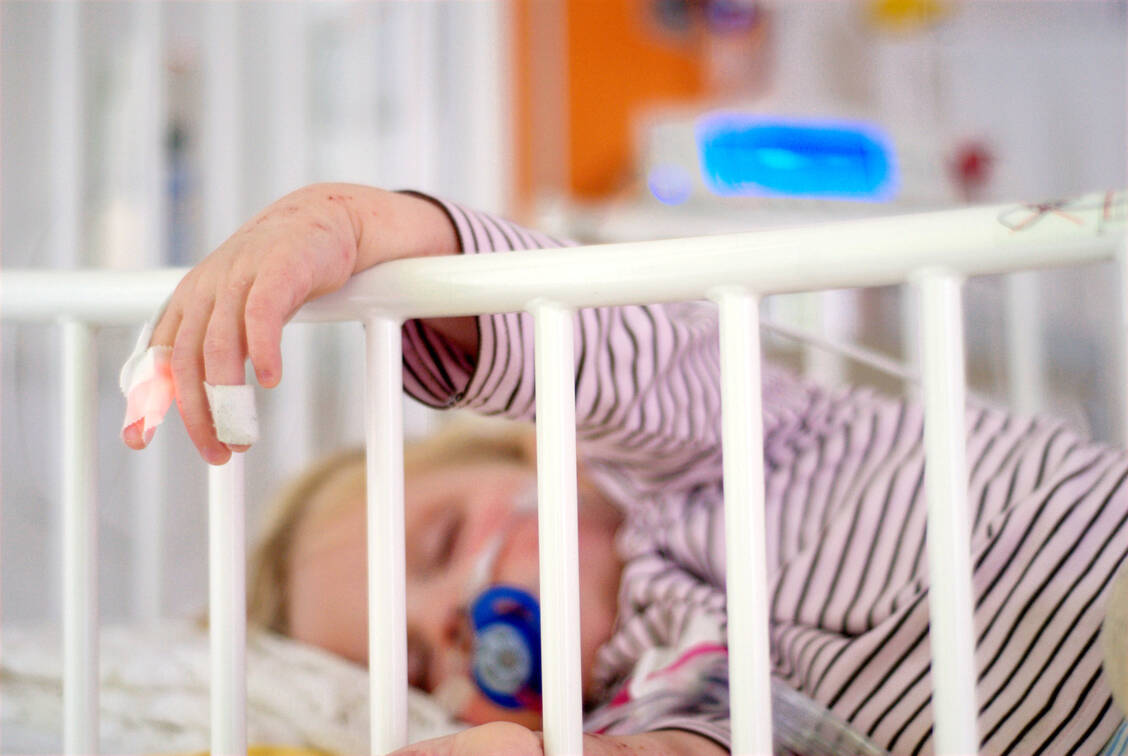Pediatrics: Treating off-label with the best possible evidence


Approved medications for children are often unavailable. Dosage information based on the best available evidence can be found in the Kinderformularium.DE database. / © Adobe Stock/lisalucia
From premature babies to adolescents – pediatric patients require individualized drug therapy due to the wide variety of pharmacokinetics and diseases. Off-label use of medications is common practice in this setting. It is particularly high in inpatient settings, such as neonatology and pediatric intensive care. This entails risks such as missing dosage data and adverse drug reactions. The latter are more difficult to assess in children than in adults, and potential late or subsequent adverse effects, as well as toxicities from excipients, can also occur.
Hospital pharmacists advise medical and nursing colleagues, as well as family members, on these topics and provide support in selecting the appropriate medication, including the correct dosage, administration method, and dosage form. Help is available from Kinderformularium.DE , an independent and evidence-based database for on- and off-label drug information. In addition to dosage recommendations based on indication and age, this database also provides information on pharmacokinetics, contraindications, and adverse drug reactions.
In this context, hospital pharmacists from the Pediatrics Committee of the ADKA – Federal Association of German Hospital Pharmacists – are working together with Kinderformularium.DE to clearly specify the reference quantity of the active ingredient salt or base in relevant monographs. Clear labeling is essential for safe pediatric prescribing and the production of child-friendly dosage forms.
The company's responsibilities also include the production of child-friendly pharmaceuticals, both in formulation and in bulk, which allow for low dosages and thus safe drug therapy. In addition to non-sterile pharmaceuticals, sterile pharmaceuticals are manufactured in dosages not available as finished medicinal products, as well as parenteral nutrition and infusion solutions, primarily for neonatology and pediatric intensive care units.
Furthermore, hospital pharmacists on pediatric wards provide advice on issues related to incompatibilities and the preparation of intravenous medications. To improve the safety of intravenous drug therapy through standardization of infusion pumps, hospital pharmacists from ADKA are collaborating with the medical and nursing associations GNPI and DIVI. Currently, there are not many ward pharmacists in pediatrics, which is why the ADKA Committee for Pediatrics established the seminar series "ADKAPäd – FAQs in the Pharmaceutical Care of Pediatric Patients" to facilitate a positive exchange among patients.
Collegial exchange – within hospital pharmacy, but also with community pharmacists – is also important for patient safety. The PHArMKid project therefore addresses problems in the provision of medication to children, particularly at the interface between inpatient and outpatient care. Its goal is to develop practical recommendations for the use and preparation of medications for children.

pharmazeutische-zeitung





